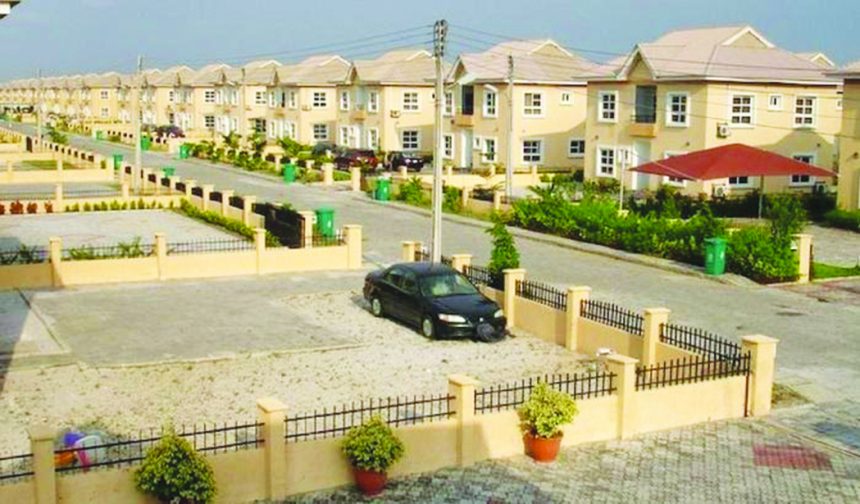Tenants across Keffi and Karu Local Government Areas of Nasarawa State are facing an escalating housing crisis, with soaring annual rent hikes forcing families to make difficult choices between securing accommodation and meeting other essential needs like food, healthcare, and education.
Residents who spoke in Keffi on Tuesday lamented that the cost of decent housing has reached alarming levels, straining household budgets across the Nasarawa West Senatorial District, particularly due to the proximity of some areas like Karu to the Federal Capital Territory (FCT), Abuja.
Mr. Ben Nwankwo, a Keffi resident, appealed to the government to intervene and regulate rent charges, citing relentless annual increases.
“Last year, I was paying N130,000 for a two-bedroom flat, but the landlord wants to increase it to N200,000,” Nwankwo explained. “Some landlords charge N300,000 to N400,000. The constant increase is worrying.”
Miss Saraha Musa, another Keffi resident, accused landlords of insensitivity, noting that rent for a two-bedroom flat now ranges from N350,000 to N400,000, while stagnant salaries have not kept pace with the rising costs. Many tenants told the News Agency of Nigeria (NAN) they were now considering relocating to the outskirts of Keffi and Karu where accommodation remains relatively cheaper to cope with the financial pressure.
The high rents are also creating immense stress for commuters who work in Abuja but reside in Nasarawa State.
Mr. Caleb Dikko, a resident of Uke in Karu, attributed the surge in rent since 2023 partly to the area’s location near the FCT. “I call on landlords to be considerate. They should recoup their investments gradually, not immediately, without regard for tenants’ financial capacity,” he stressed.
Similarly, Mr. Moses Osoku, a Karu resident, urged landlords to show compassion, especially toward low-income tenants. “I moved to Auta Balefi, paying N150,000, but now a room and parlour costs N250,000. Landlords need to be considerate of the economic hardships,” he lamented.
However, a landlord, Mr. Johnson Bello, countered that the high rents are a direct consequence of rising costs of building materials and property maintenance.
“Do you know the current cost of a bag of cement or a trip of sand? Land acquisition is difficult, and building costs are high. This explains the rising rental fees,” Bello argued, emphasising that construction expenses have significantly increased.
Source: The whistler.ng



